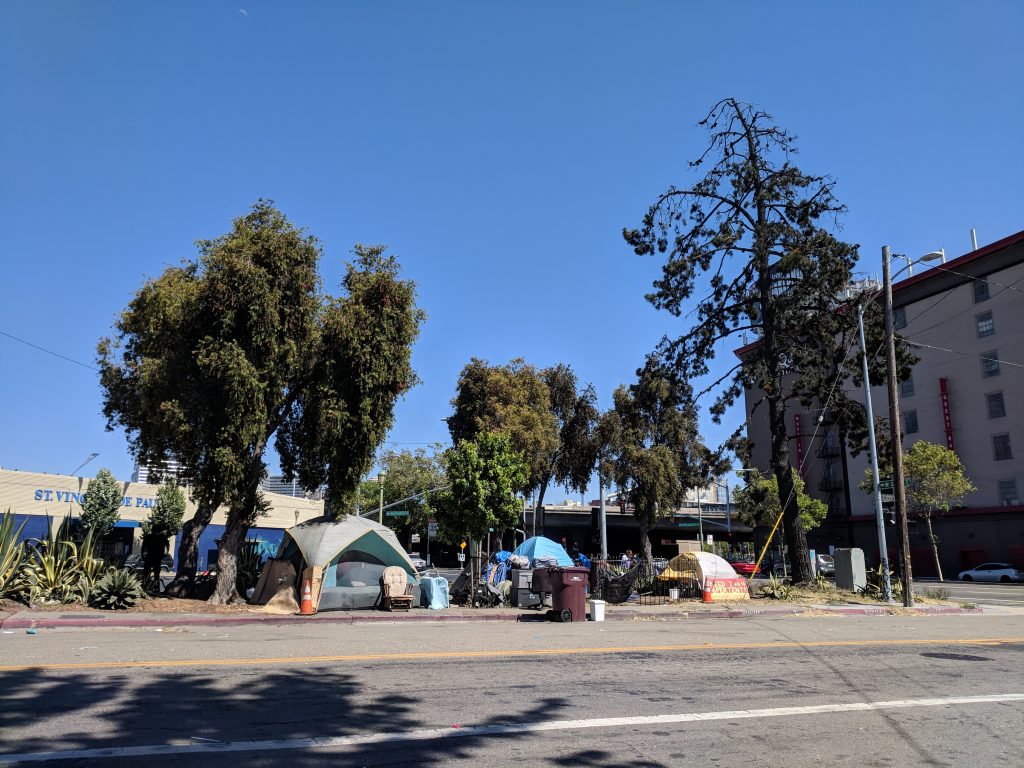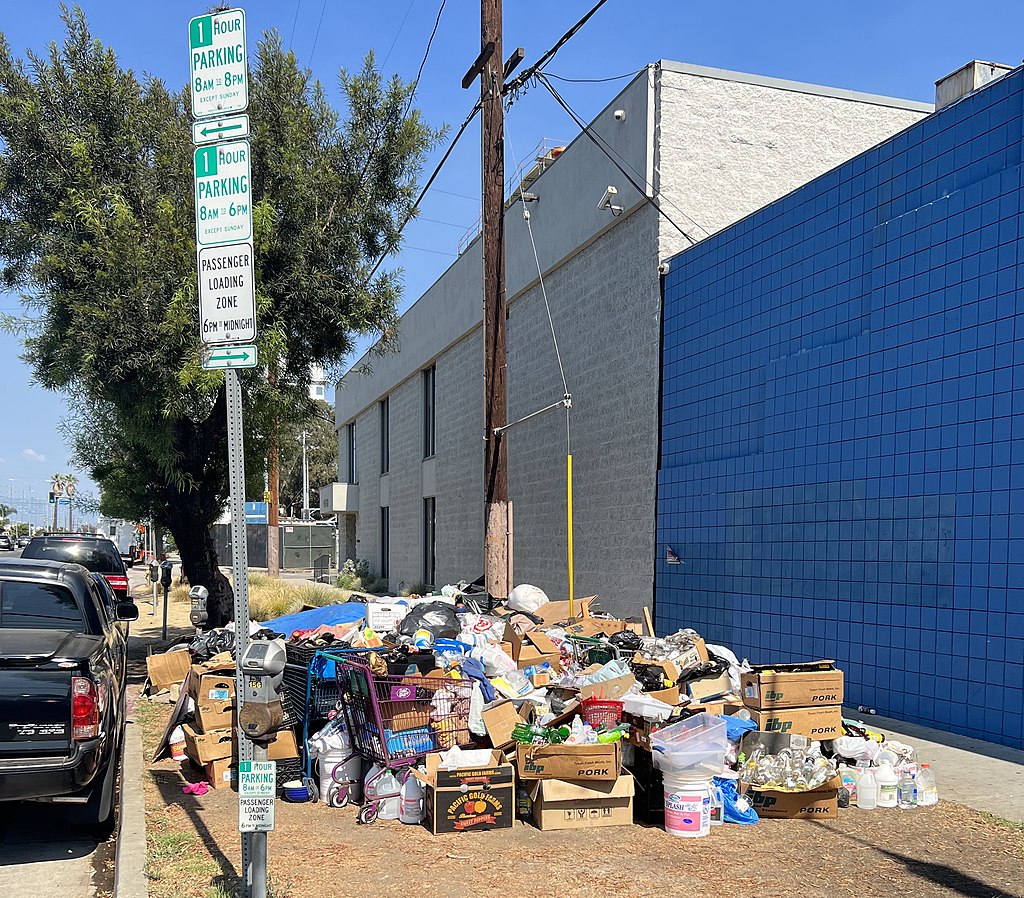Decades ago, under Governor Ronald Reagan’s leadership, California dismantled much of its safety net for the mentally ill. His administration’s decision to sign the Lanterman-Petris-Short (LPS) Act in 1967 marked the closure of many state-run psychiatric hospitals, leaving countless vulnerable individuals without the support they needed. The act aimed to protect civil liberties by reducing involuntary commitments, but it lacked a robust plan to replace these hospitals with adequate community-based care. This shortfall created a cascade of issues, contributing to homelessness and untreated mental illness.

Today, Governor Gavin Newsom is taking ambitious steps to rebuild what was lost and create a more comprehensive safety net for Californians struggling with severe mental illness. A cornerstone of this effort is the Community Assistance, Recovery, and Empowerment (CARE) Court program, which is now operational across all 58 California counties. This first-of-its-kind initiative provides a legal framework to connect individuals with untreated schizophrenia or other psychotic disorders to essential treatment and housing.

The CARE Court program, launched in phases starting in October 2023, has already shown promising results. Early successes include over 1,400 individuals being connected to treatment and housing, with counties reporting significant progress in addressing some of the most severe mental health crises. By involving families, healthcare providers, and first responders in the petition process, CARE Court ensures that those in dire need receive personalized plans to support their recovery and stability.

This initiative is part of a broader transformation of California’s behavioral health system. With $15.3 billion allocated to combat homelessness and $11.6 billion annually for behavioral health services, the state is investing heavily in long-term solutions. The recent passage of Proposition 1 further bolsters these efforts by providing a $6.4 billion bond to build treatment facilities and housing for those with severe mental illnesses and substance use disorders.

Governor Newsom has also worked to streamline the CARE Court process through legislation such as SB 42, ensuring efficient communication among stakeholders and strengthening accountability. This program not only addresses immediate crises but also lays the groundwork for sustained recovery, reducing reliance on emergency services and incarceration.

By prioritizing the most vulnerable populations and addressing systemic gaps in care, Newsom’s administration is restoring and enhancing the safety net dismantled decades ago. Through innovative programs like CARE Court and historic investments in mental health infrastructure, California is setting an example for the nation on how to tackle the interconnected challenges of mental illness, homelessness, and public safety.





